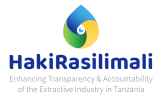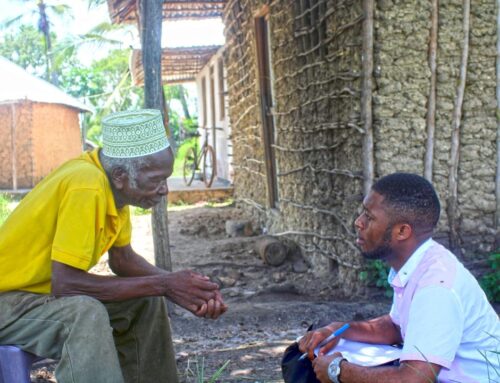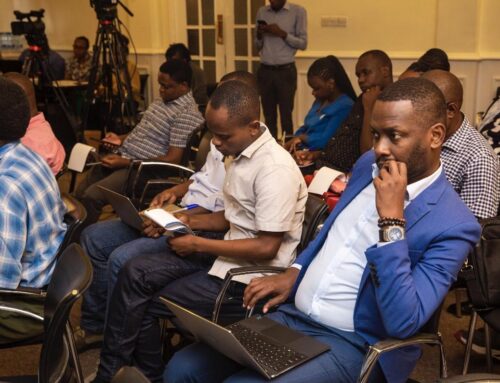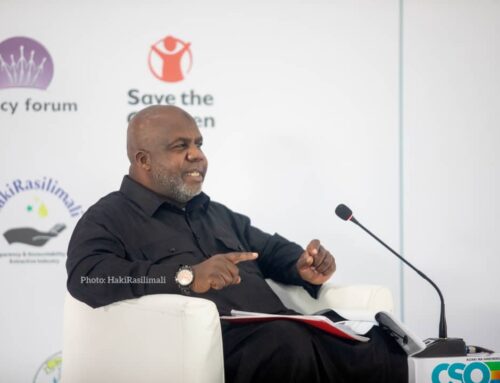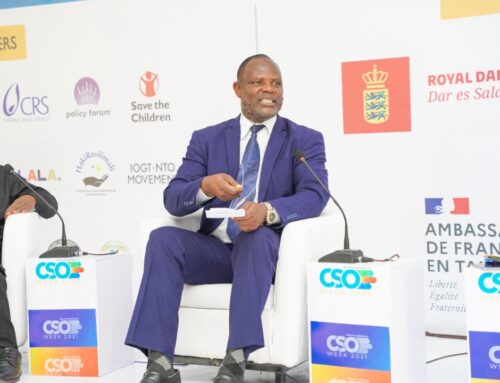Background
The extractive sector in Tanzania and East Africa in general is expanding and projected to be a major contributor to the national economy and rural livelihoods. Despite this potential, the sector experiences a range of challenges including environmental, social, cultural, and human rights which all negatively affect equitable sharing of the benefits accrued from the sector. Additionally, there is inadequate knowledge and skills for communities to meaningfully participate in the decision across the value chain of the extractive sector. This demands for industry specific skills and knowledge development for emerging community based leaders and practitioners who can engage effectively in the extractive sector governance.
Over the years, various capacity building initiatives have seen sponsored fellows undertake various training on Extractive Sector Management and Governance. These capacity building programs have aimed at building a core of local practitioners with competence in management and governance of the extractive sector in their respective countries.
Drawing lessons from the global and regional capacity building initiatives, East Africa and Tanzania in particular need to develop their own localized capacity building model.This will increase relevance and legitimacy within country and sub national context as well as encourage uptake by key stakeholders. Working with the alumni of international training programs as facilitators of this course, will have a multiplier effect and trickle down of skills and knowledge to the community level.
HakiRasilimali and MS-TCDC (conveners) have co-created a course that will result in the ability of extractive host communities to push for demand side driven advocacy agendas hence influencing sector Policies and Practices. A team of subject experts were involved in designing the draft course curriculum and modules, which was later validated by key stakeholders and trainers.
The implementation starts with a pilot course conducted by the Alumni and other identified experts,and the actual training will be preceded by a mini Training of Trainers (TOT).
ESKi-Tanzania pilot Course
To ensure quality assurance, sustainability and relevance, the conveners have planned for the pilot course that will not only test the modules and general proposed methodology but also ensure equilibrium on ‘community led advocacy’ demand and supply. The pilot course is slated for 21st to 31st September 2020 at MS-TCDC, Arusha-Tanzania.
Objectives
- To apply the current course modules, training methodology and all other associated logistics for the purpose of identifying gaps and improving all aspects of the course.
- Facilitate a TOT and team building for experts who will be facilitating future courses.
Outcomes
1. Gaps are identified and improved for the aspects of the course
- Course faculty well formed and prepared for upcoming courses
Output
- Improved quality and efficient delivery of the course
- Requisite Knowledge and skills imparted to participants
- A well bonded faculty and rapport created
Methodology
The key approach will be looking at participatory methodologies and adult learning (experiential learning). These includes;
- Lectures
- Presentations
- Expert talks
- Focus Group Discussions
- Field and case studies
- Role plays
Participants (criteria for selection, profile, geographical scope, gender)
The course targets community based practitioners working on or interested in extractive related issues. The participants will be selected based on a minimum criteria such as proof of one being;
- Representatives from the extractives host communities;
- Representing a gender or special interest group;
- Having proven record of presence in the targeted community;
- Having proven interest working in the extractives;
- Holding a leadership role in the community;
- Considered having influence in the community;
- Ability to read and write in English/Swahili, among others.
Training faculty (criteria for selection, profile, gender)
Local practitioners with competence in extractive sector management and governance will be involved in course delivery. Of particular interest to the program are the alumni of international extractives specialized training (Tanzanian and East African). The alumni will transfer skills, knowledge and competence to empower emerging community level practitioners.
The Trainers’ profile will include experience in basic geology, extractive legal/policy frameworks, political economic, fiscal regime, human rights and social impacts, local content, communication and advocacy among others.
PILOT CLASS DOCKET ESKI TANZANIA DOCKET
